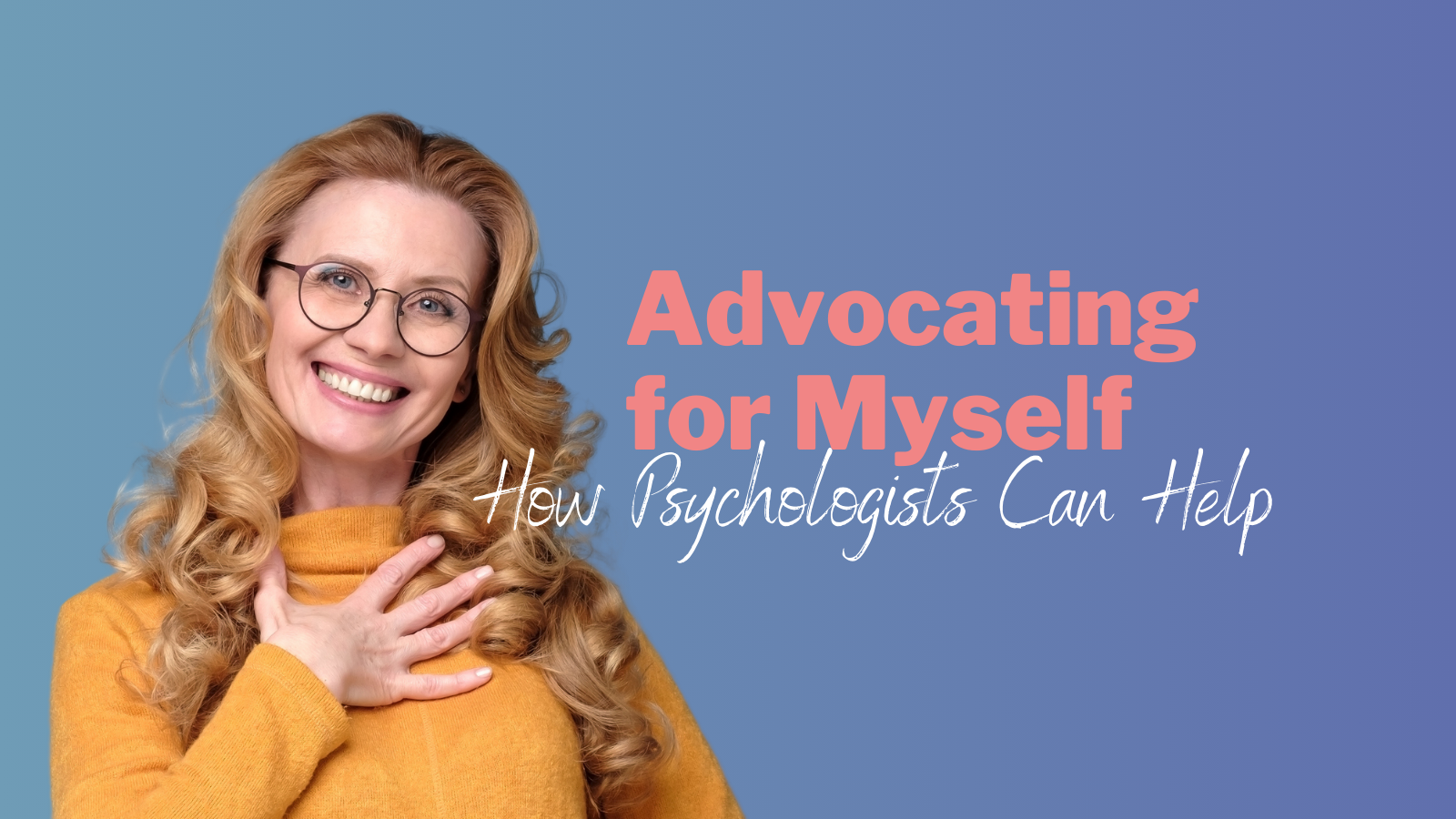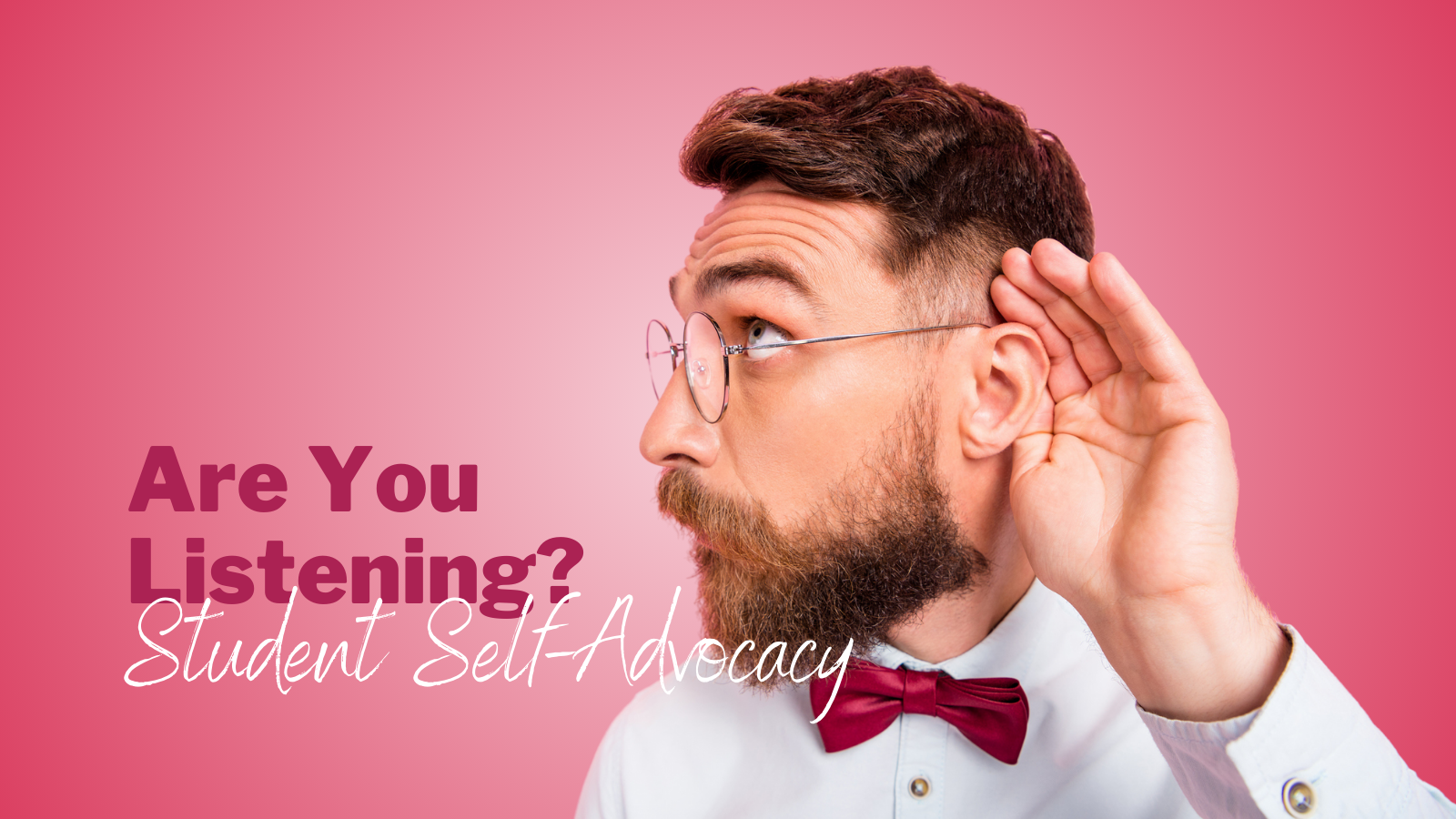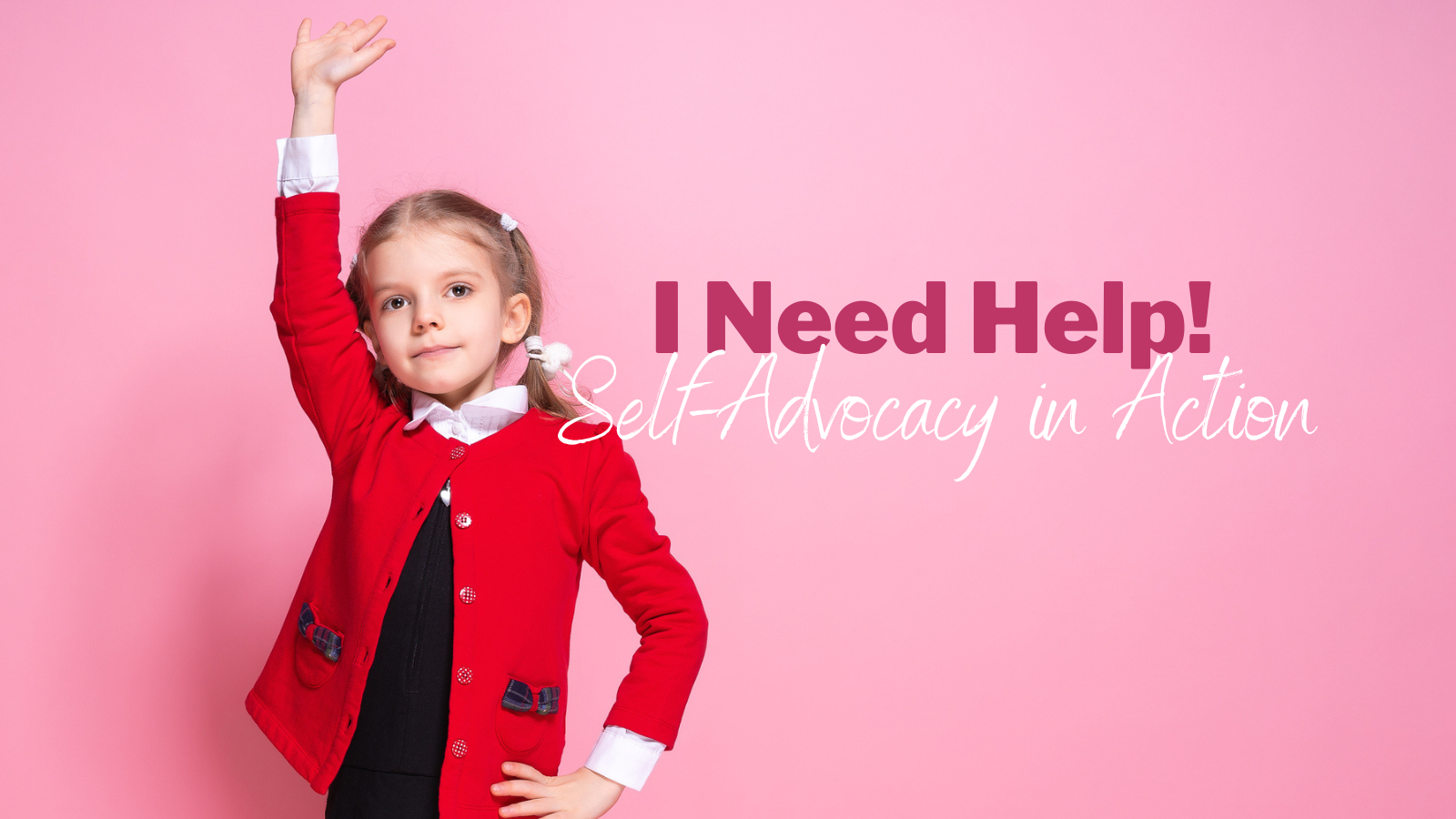Self-advocacy is a term that is used quite often within the context of learning disabilities and ADHD. Generally speaking, self-advocacy refers to the ability to know what you may need in a particular situation and the ability to ask for what you need in that moment. With both learning disabilities and ADHD, knowing what you need may not always be obvious and knowing how to ask may be easier said than done. As an educational psychologist, part of my job is to help clients become more skilled and confident with knowing when and how to ask for what they need. An important aspect of self-advocacy is developing insight into your own strengths and challenges, which can be learned through the psychoeducational assessment process.
How Assessments Help with Self-Advocacy
Psychoeducational assessments can serve a variety of purposes. They can provide a profile of the individual’s learning strengths and challenges, identify any learning disabilities or other barriers to learning, and clarify what strategies or programming the individual may benefit from. As an educational psychologist, I have observed how the knowledge that is gained from a psychoeducational assessment can empower my clients to advocate for themselves at school, work, in the community and in their personal relationships.
An assessment provides a diagnosis or explanation as to why an individual struggles with learning or managing aspects of their life, which can empower the individual to ask for what they need to be successful. However, it is important to note that self-advocacy not only requires knowing your diagnosis, but it is also important to have a firm understanding of how your diagnosis impacts you in daily life. For example, ADHD can cause stress for some people in social settings if they struggle with impulsivity (e.g., interrupting during conversations). When I deliver assessment results to my clients, I also provide information about the diagnosis, how we currently understand it through research, and generally what types of strategies and supports have helped others with the same diagnosis.
When you receive any diagnosis from any medical practitioner, you should be allowed to ask questions about the diagnosis, how it impacts you now, how it may impact you in the future, and what resources and supports are available to you. Sometimes, there is not enough time at one appointment to discuss assessment results and next steps for supporting you or your child, so ask the practitioner if you can meet with them again in the near future with any additional questions you may have.
Disclosing the Diagnosis and Asking for Supports
Another important topic that I discuss with my clients after providing them with assessment results is issues related to disclosing the diagnosis to others. Learning how and when to disclose your diagnosis is an important part of self-advocacy. It allows you to take control of your personal information and how it will be used to access supports and accommodations at school and work.
Because each client has their own unique background, I discuss the pros and cons of disclosing their diagnosis in various settings specific to them, such as school versus work versus with family members. When you complete an assessment with your practitioner be sure to have a discussion with them about disclosing your diagnosis to others and how that may impact you. For example, ask your practitioner how disclosing your diagnosis at work may be beneficial for receiving certain accommodations (e.g., speech-to-text programs). Being thoughtful about how and when you disclose your diagnosis is critical for self-advocacy.
Having Realistic Expectations for Self-Advocacy
When I work with families, I often discuss the importance of parents helping their children to develop self-advocacy skills as they mature. However, I also point out that self-advocacy is not easy for most of us, and it can be even more difficult for youth who have difficulties with executive functioning. Learning disabilities and ADHD often involve challenges with self-monitoring, planning and thinking about future outcomes. It is important that parents also understand that their child may not always know when they need to advocate for themselves or how to do so.
Having a balanced approach with youth who are still developing their executive functioning skills is important. Parents and teachers can help youth to gain confidence to ask for what they need, but also provide support and guidance at times when youth struggle to know what they need and how to ask for it. For example, a parent or teacher may notice that a student is struggling to stay focused on their schoolwork. They could ask the student, “I’ve noticed that you might be having some difficulty staying focused right now, what do you think would be helpful for you?” and in this way, help to remind them of existing strategies they can choose from. This balanced approach becomes particularly important in high school as academic demands increase along with expectations for increased independence.
Self-Advocacy is a Life-Long Process
For children and adults with learning disabilities and/or ADHD, self-advocacy is a life-long process. Receiving a diagnosis is only the beginning of the journey. Self-advocacy is how you use the diagnosis throughout your life to access supports, accommodations and resources so that you can experience success and a good quality of life. For parents, this may mean frequent communication with their child’s teachers to ensure that classroom strategies and supports are put in place. For adults, this may mean asking for access to a particular technology that will allow you to complete your work duties more accurately and efficiently. As you grow and learn more about how a diagnosis impacts you, your ability to self-advocate will strengthen and contribute to more positive outcomes in your life.
About the author: Krista Forand, M.Ed., Registered Psychologist, of Compass Psychology, practices in Calgary and is a member of the Network’s Supports for Adults Action Team. “Krista’s training and experience have primarily focused on working with youth and adults who, due to challenges with learning, attention, and social skills, have had difficulty achieving their potential. As a psychologist, she provides thoughtful and comprehensive psychoeducational assessments including learning assessments. This helps clients understand how they learn, process information and how they can help themselves achieve their goals.”








